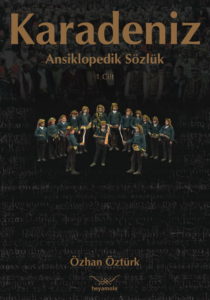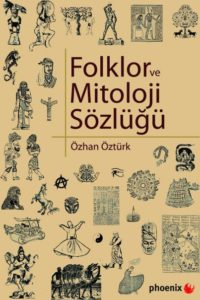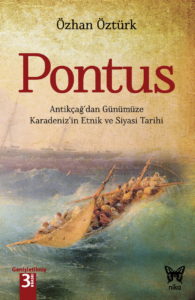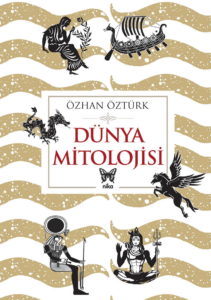Özhan Öztürk, born on September 23, 1968, is a renowned Turkish writer and web publisher. He has gained recognition for his captivating works focusing on the folklore, history, and culture of the Black Sea region in Turkey. As the founder and proprietor of karalahana.com, a website that has been active since 2000, Öztürk aims to preserve the rich cultural heritage of the Eastern Black Sea region and ensure its enduring legacy for future generations.
For over 23 years, karalahana.com has served not only as a platform for cultural preservation but also as an advocate for the region’s tourism potential. Öztürk’s website actively promotes the Black Sea region as an attractive tourist destination. Moreover, it strives to raise awareness and mobilize public support against ecological threats facing the area.
In addition to his cultural preservation efforts, Öztürk is dedicated to safeguarding the local Turkish dialects and minority languages spoken in the region, including Pontic Greek, Laz, and Homshetsi. He also works to foster harmonious relations between Anatolian Greeks and Turks who were part of the population exchange between Turkey and Greece in 1923.
Özhan Öztürk’s published works include:
- Karadeniz Ansiklopedik Sözlük (Black Sea Encyclopedic Dictionary), Istanbul, 2005. Published by Heyamola. Consisting of two volumes with 1256 pages. ISBN 975-6121-00-9.
- Folklor ve Mitoloji Sözlüğü (Dictionary of Folklore and Mythology), Ankara, 2009. Published by Phoenix. Comprising 1054 pages. ISBN 978-605-57-3826-6.
- Pontus: Antik Çağ’dan Günümüze Karadeniz’in Etnik ve Siyasi Tarihi (Pontus: Ethnic and Political History of the Black Sea from Antiquity to the Present), Ankara, 2011. Published by Genesis. Spanning 952 pages. ISBN 978-605-54-1017-9.
- Dünya Mitolojisi (World Mythology Dictionary), Ankara, 2016. Published by Nika. Encompassing 1264 pages. ISBN 978-605-8389199.
- With his extensive literary contributions and dedication to preserving the cultural fabric of the Black Sea region, Özhan Öztürk continues to leave an indelible mark on Turkish literature and heritage





